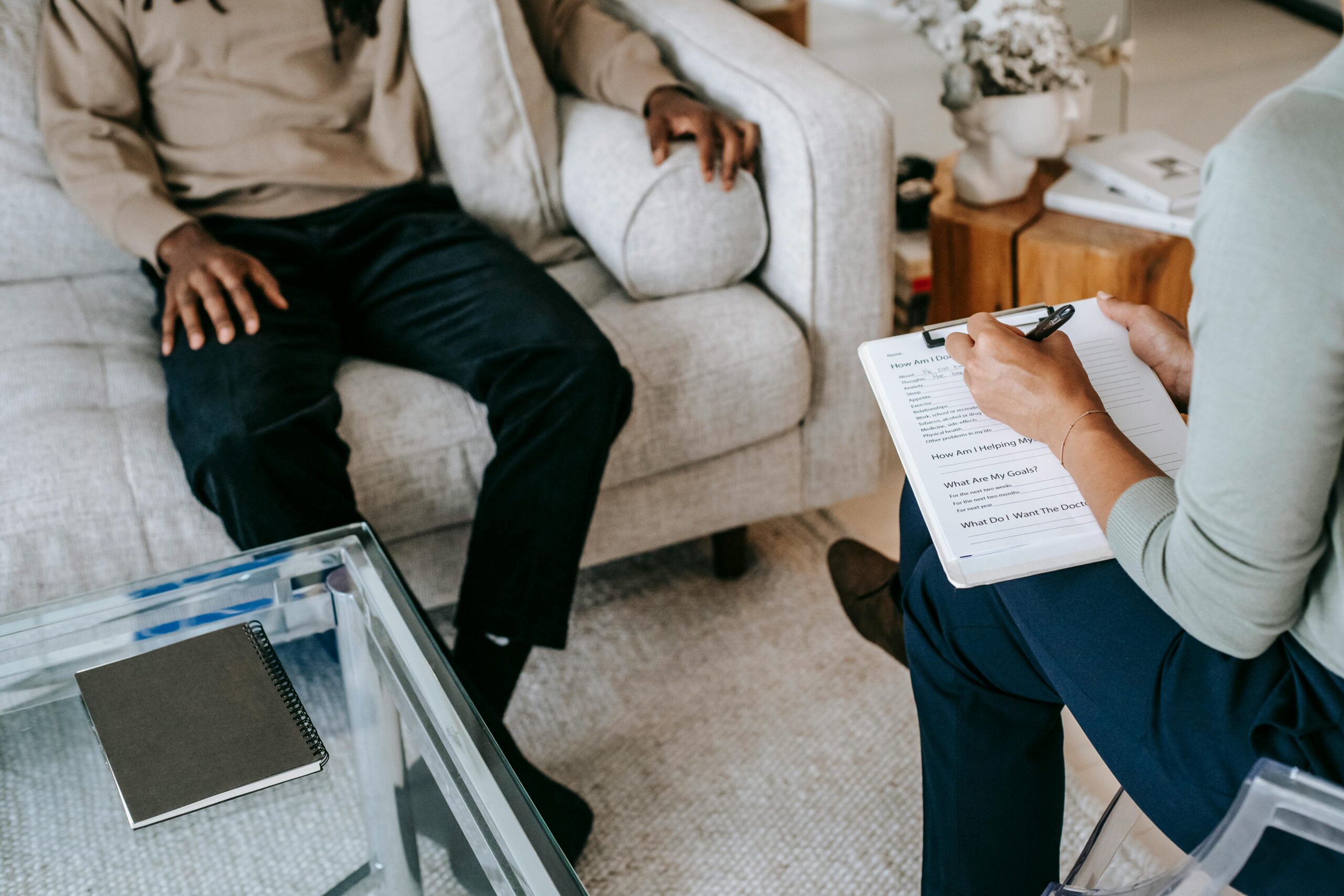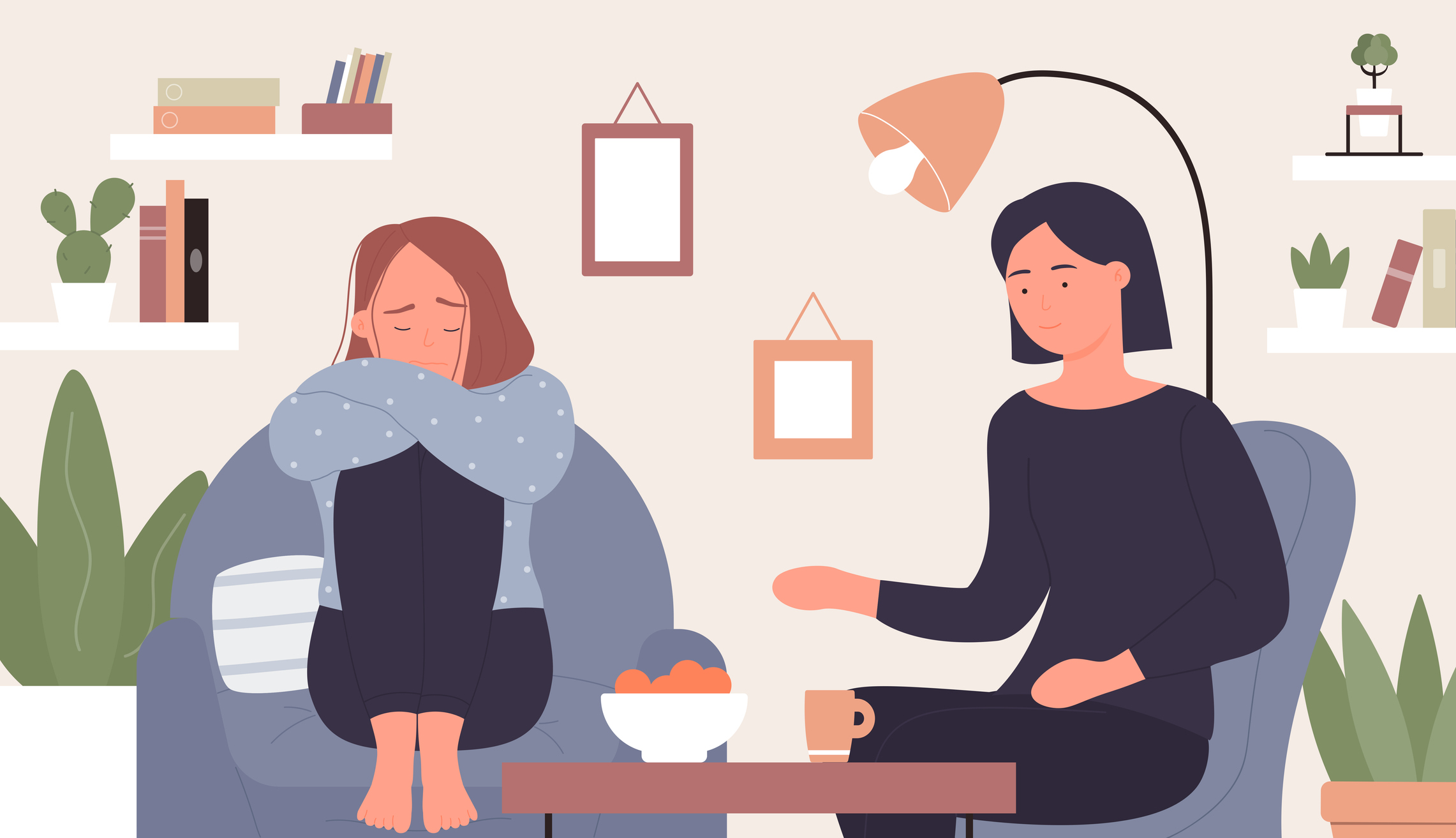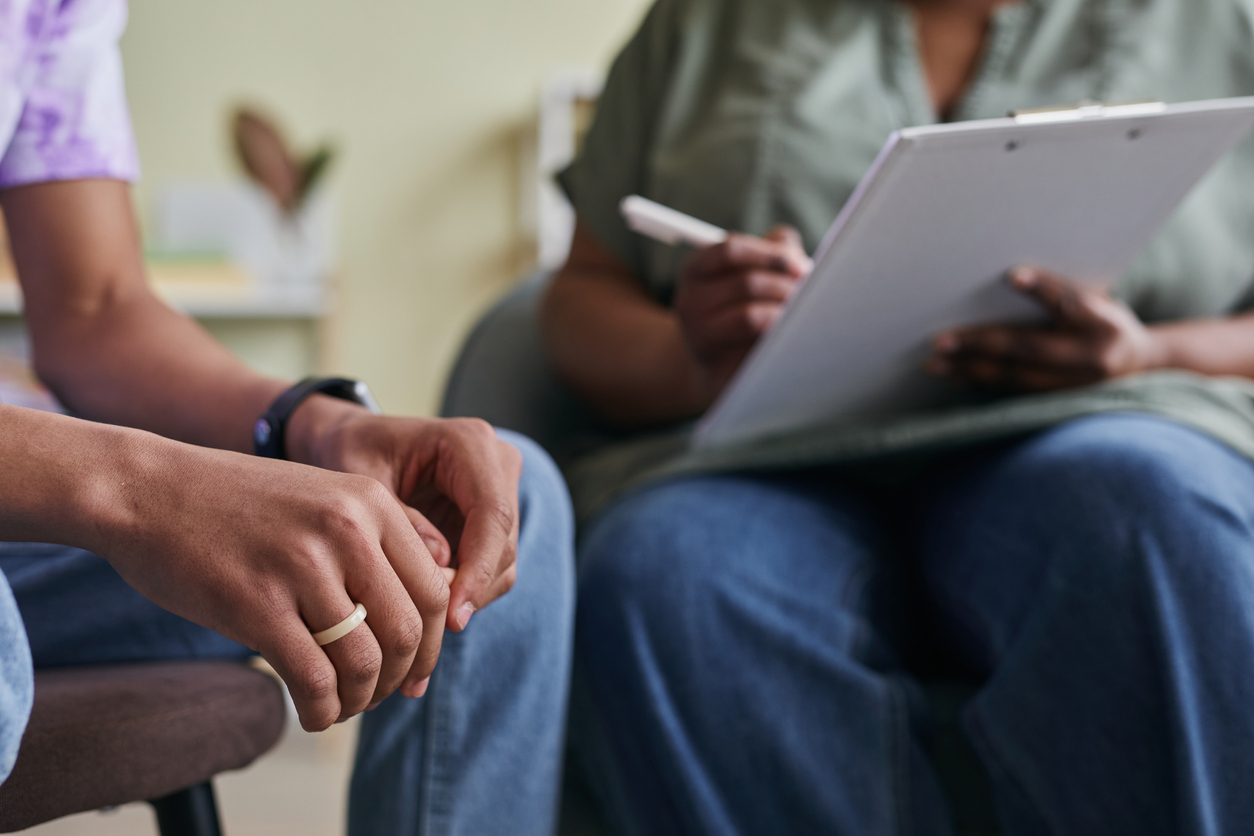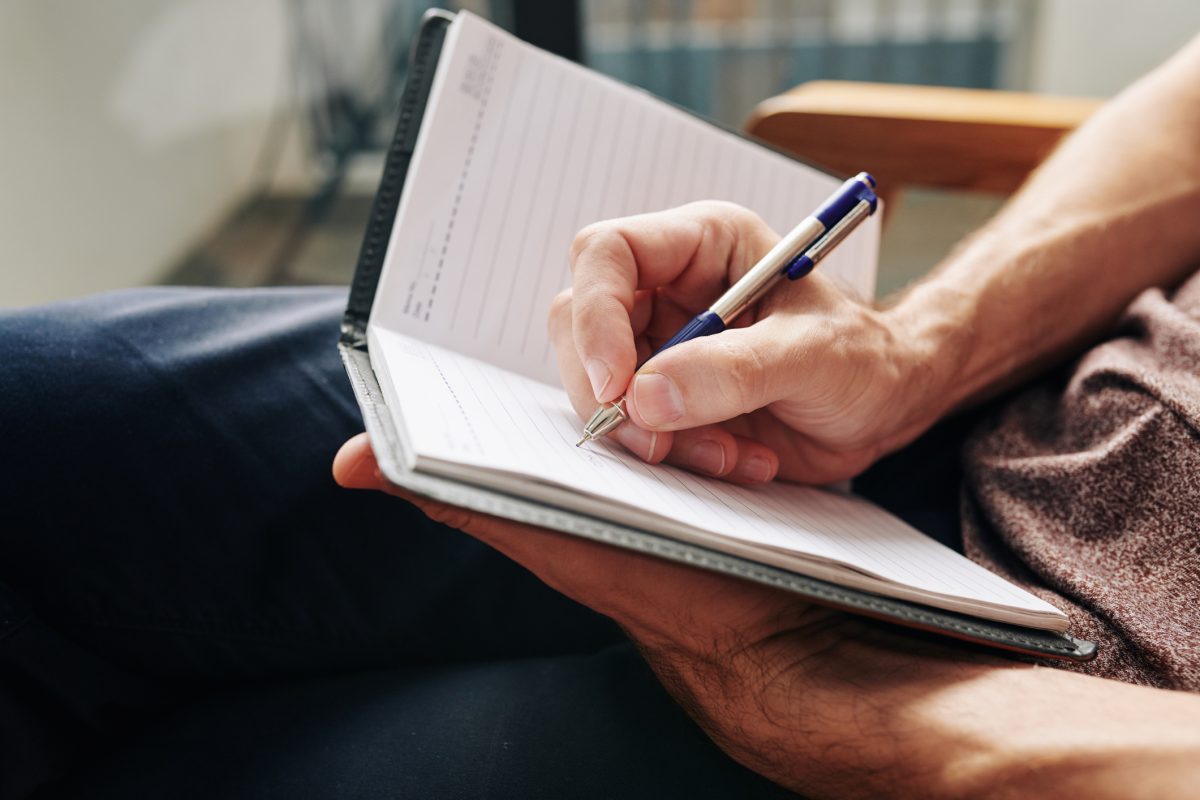The Role of Therapy in Treating Depression
Medically Reviewed by Mark Hrymoc, M.D., Chief Medical Officer, double-board certified in General & Addiction Psychiatry Depression is one of the most common and debilitating mental health conditions worldwide, affecting millions of people each year. While medication can play an important role in treatment, therapy is a cornerstone of effective depression care. Talk therapy provides a safe, structured environment for individuals to explore thoughts and emotions, develop coping strategies, and create long-term change. Research consistently shows that therapy not only alleviates symptoms but also reduces the risk of relapse, making it a vital tool in recovery. Understanding Depression and Its Impact Depression is more than just persistent sadness. It involves a range of symptoms such as fatigue, loss of interest in activities, sleep disturbances, appetite changes, difficulty concentrating, and feelings of worthlessness or hopelessness. Left untreated, it can interfere with work, relationships, and overall quality of life. According to the …






